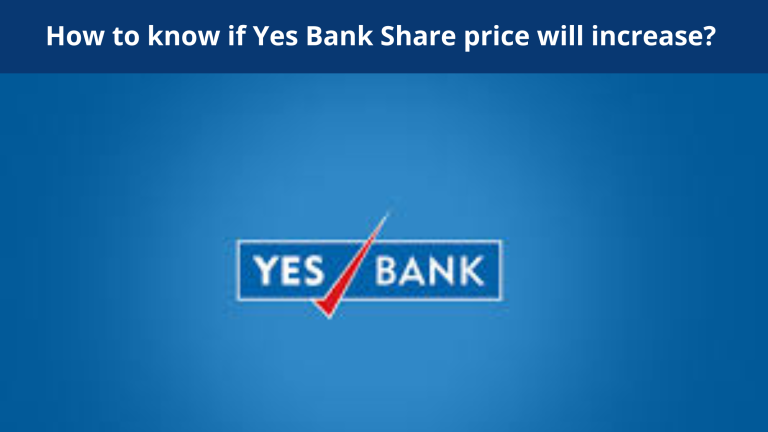You will often see shares traded over-the-counter, where they are not listed on any exchange or trading platform. When these trades occur, a broker or dealer quotes a price to which they are willing to buy (or sell) the stock. This is called the ‘bid’ price, indicating what investors are willing to pay for an investment today.
The actual Yes Bank Share Price that the broker or dealer pays for a stock could be higher or lower than the bid price; as a result of these transactions, investors can have their shares bought (or sold) at either the bid price or the asking price, depending on what type of trading is conducted. The bid/ask spread is paid by buyers and sellers and decides how much money you can make from your shares.
Chosen a broker/dealer and have purchased or sold shares
Once you have chosen a broker/dealer and have purchased or sold shares, the price of your stock will be shown at the top right-hand corner of your screen. The bottom line on this screen is called the ‘bid’ price, which is the price investors are willing to buy shares today. Investors might also see an ‘offer’ price on this screen, which indicates what investors are willing to pay for their claims today. Exchanges set a closing price at the end of each day.
Consider About Share Price
The Yes Bank share price will change daily as shares are bought and sold. The stock cost on any day is determined by supply and demand, so if few investors want to buy the store, there will be fewer buyers than sellers, meaning the stock price will decline. The higher the demand for a stock, the higher its price will be.
A company’s stock can also change in interest rates.
Higher interest rates may make bonds more attractive to investors, so they might be willing to accept a lower stock price. On the other hand, low interest rates make stocks more attractive to investors and increase demand. As a result, the stock price goes up. While changes in supply and demand will change the price of a stock on a day-to-day basis, other factors can also affect supply and demand over weeks and months.
One of these factors is investor sentiment. If investors are bullish on a particular company, they might be more willing to buy the stock and hold on to it, increasing demand for the supply and driving its price up. On top of this, investors may see positive or negative changes in corporate performance as an indication of whether a stock is likely to rise or fall in value.
Conclusion
A company’s stock price indicates what investors are willing to pay for an investment today. Because the amount of money a particular investor is willing to pay depends on sure money they plan to invest, interest rates and so on, it is impossible to accurately say what a stock price is worth. Investors’ sentiment and performance over time can influence a company’s stock price. You must check 5paisa for regular updates.

